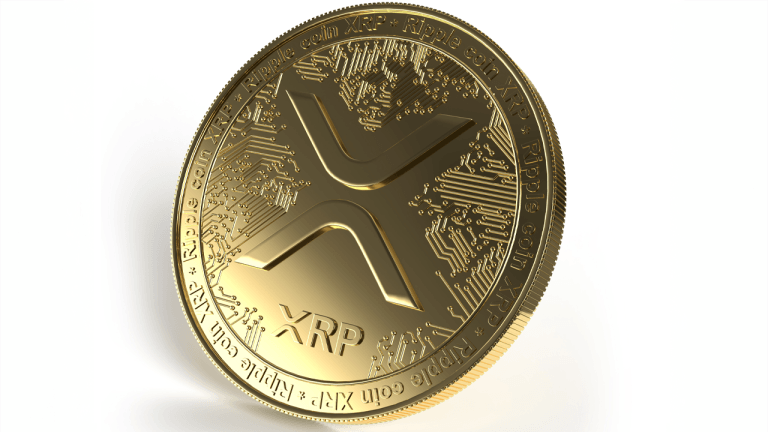
Reality show is casting crypto users locked out of their wallets

The casting director specifically asks crypto users if they’re willing to use all remaining attempts to access their funds in front of the camera.
A casting call for a cable network series may offer crypto users at the end of their rope a way to access tokens locked away — or at least show viewers some of the options available to them.
In a LinkedIn post from last month, casting director Jessica Jorgensen called on crypto users who have forgotten their passwords — and presumably their seed phrases — or lost their private keys to wallets with the clock ticking. The series offers consultations from cryptocurrency and cybersecurity experts to help users recover access to their funds.
However, it seems participants must be prepared to lose access to their coins if the attempted recovery is not successful. Jorgensen specifically asks users to mention how many passwords they have remaining before their accounts are locked, and if they’re willing to use the remaining attempts with the help of experts.
There are many ways to lose one’s crypto holdings. One April 2020 study from digital research firm Cane Island suggested that there would never be more than 14 million Bitcoin (BTC) in circulation given the incidents of users losing keys, accidentally throwing away hardware containing wallets, sending crypto to the wrong address, or failing to make arrangements to pass on their holdings after death.
Related: Crypto Exchange QuadrigaCX Missing $145 Mln After Death of Founder
One of the more famous — and expensive — examples of lost coins include the case of San Francisco-based programmer Stefan Thomas, who lost the password to access his IronKey hard drive with 7,002 BTC, or $243 million at the time of publication. Thomas reportedly still has two attempts to guess the correct password before the hard drive’s contents are seemingly irreversibly encrypted.
Some other cases of recovered crypto stem from early in Bitcoin’s history, i.e. from 2010 to 2011, when the coin was worth pennies and sometimes given as prizes for online games and contests. In January, one Redditor claimed to have found private keys to more than $4 million in BTC obtained before 2012 on an older model Dell computer.
However, as Bitcoin’s and many other tokens’ prices have increased significantly in the last few years, users are seemingly more careful about storing their seed phrases, passwords, and keys. Paper wallets still exist, but many users rely on metal plates to engrave their seed phrases or private keys, as well as hardware wallets like Trezor and Ledger for cold storage. In addition, storing tokens on exchanges — while they may be vulnerable to hacks and intervention from local governments — give crypto users recourse with the platform’s operators should they forget passwords.
Go to Source
Author: Turner Wright








